Workshops
Home // Workshops
WS01: Can we teach epidemiologists to write like Einstein?
Time: 10h30 - 12h30 | Venue: Meeting Block 2.43-2.44
Limited space (sign-up required)
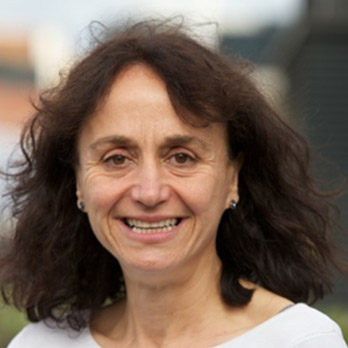
Deborah Lawlor
University of Bristol, UK

Neil Pearce
London School of Hygiene and Tropical Medicine, UK
Session overview
This practical session explored strategies to enhance the writing skills of epidemiologists, making their research more accessible and engaging. To paraphrase Albert Einstein’s thoughts “Everything should be made as simple as possible, but no simpler” and “The eternal mystery of the world is its comprehensibility … The fact that it is comprehensible is a miracle” i.e. one of the world’s greatest scientists working in a field most of us would consider complex noted that not only should science be communicated in such a way that broad audiences can understand it, but that the world made that possible. Whilst there are complexities in epidemiology, most papers use technical terms when there are correct simpler words that would be more widely understood. Good epidemiologists should work with people from diverse disciplines, involve patients in our research and engage with the public. To do that we need to learn how to write like Einstein.
Objectives
- Learning techniques to simplify how we write and practicing the art of crafting narratives that resonate with both scientific and general audiences.
- Through interactive exercises and real-world examples, attendees develop practical skills to improve their scientific communication and broaden the impact of their research.
WS02: Developing behavioural interventions for epidemiologists
Time: 10h30 - 12h30 | Venue: Meeting Block 1.61-1.64
Limited space (sign-up required)

Candice Chetty-Makkan
Health Economics and Epidemiology Research Office (HE²RO), South Africa
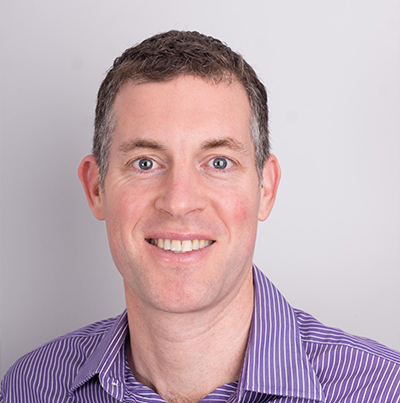
Brendan Maughan-Brown
Southern Africa Labour and Development Research Unit (SALDRU), South Africa

Caroline Govathson
Health Economics and Epidemiology Research Office (HE²RO), South Africa
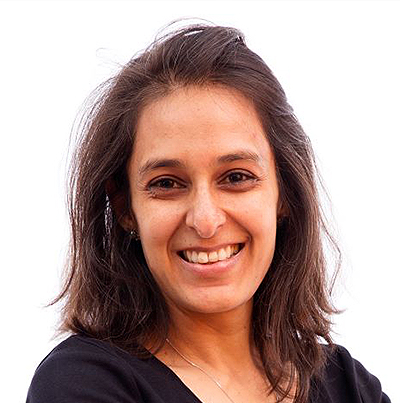
Preethi Mistri
Health Economics and Epidemiology Research Office, South Africa
Session overview
This workshop focused on building skills in behavioural design to create low-cost interventions for HIV service delivery and other health domains. Attendees engaged in practical exercises to develop and apply behavioural design thinking, utilising frameworks such as NUDGE, EAST, and "How might we?". The session enhanced capacity in understanding and applying behavioural insights to tackle public health challenges, generate innovative ideas, and develop actionable strategies that can be implemented in various health contexts. This session offered a valuable opportunity for public health professionals to learn how to design interventions that are both impactful and economical, addressing a key public health priority area.
Objectives
- Build skills in behavioural design for creating low-cost interventions in HIV service delivery and other health domains
- Build capacity in understanding and applying behavioural insights to public health challenges
- Generate innovative ideas and develop actionable strategies for various health contexts.
- Learn to design interventions that are both effective and economical, addressing key public health priorities
WS03: Evidence to decision-making: guideline panel simulation
Time: 10h30 - 12h30 | Venue: Meeting Block 2.41-2.42
Limited space (sign-up required)

Michael McCaul
Stellenbosch University, South Africa

Tamara Kredo
South African Medical Research Council, South Africa
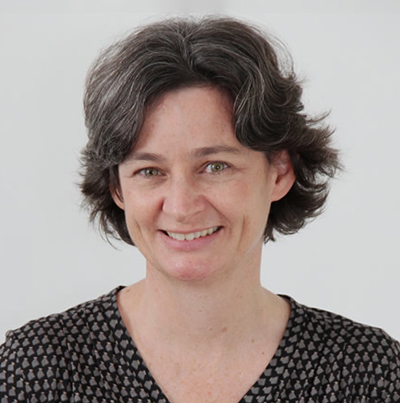
Nandi Siegfried
South African Medical Research Council, South Africa
Session overview
This workshop offered attendees a hands-on experience in simulating a guideline panel decision-making process. Using a real-life World Health Organization example, attendees role-played various panel members, receiving guidance from facilitators on their roles and responsibilities. The session covered key aspects of guideline panel composition, managing conflicts of interest, and evaluating the certainty of evidence using the GRADE Evidence Profile. Participants also engaged with the GRADE Evidence-to-Decision Framework to inform panel discussions and understand the implications of recommendations based on the strength and certainty of the evidence.
Objectives
- Gain insight into guideline panel composition, roles, and conflict-of-interest management.
- Examine key factors that determine the overall certainty of evidence in a GRADE Evidence Profile.
- Explore the domain-based GRADE Evidence-to-Decision Framework to guide guideline panel discussions.
- Understand the impact of recommendation strength and evidence certainty on decision-making.
WS04: Field Epidemiology Training Programme: From face-to-face to blended teaching modality
Time: 10h30 - 12h30 | Venue: Meeting Block 1.41-1.44
Limited space (sign-up required)
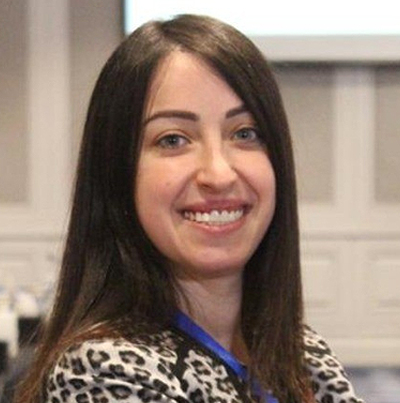
Ruba Al-Souri
Eastern Mediterranean Public Health Network EMPHNET, Jordan.
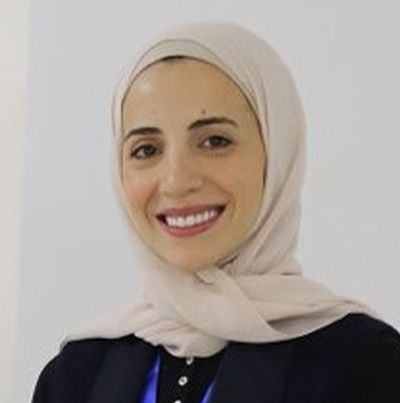
Deema Al Bakri
Eastern Mediterranean Public Health Network EMPHNET, Jordan.
Session overview
This workshop focused on EMPHNET’s initiatives to enhance Field Epidemiology Training Programs (FETPs). It explored EMPHNET’s innovative transition from traditional face-to-face models to blended learning modalities, showcasing their success in helping countries establish tailored FETPs. The session also delved into EMPHNET's eLearning strategies, which offer flexible, accessible programs that enrich the learning experience. Attendees engaged in customising the Intermediate FETP to fit the unique needs and contexts of their countries or regions, exploring the most effective delivery approaches. The session emphasised the importance of developing customised FETPs that align with national public health priorities, highlighting the power and impact of blended learning.
Objectives
- Provide an overview of establishing a field epidemiology training program.
- Explain the blended training model for FETP.
- Explore eLearning approaches to enrich the learning experience for epidemiologists while building their capacities.
WS05: Foundations of Implementation Science: A Workshop for Emerging Epidemiologists
Time: 10h30 - 12h30 | Venue: Meeting Block 2.61-2.63
Limited space (sign-up required)

Juliana Kagura
University of Witwatersrand, South Africa
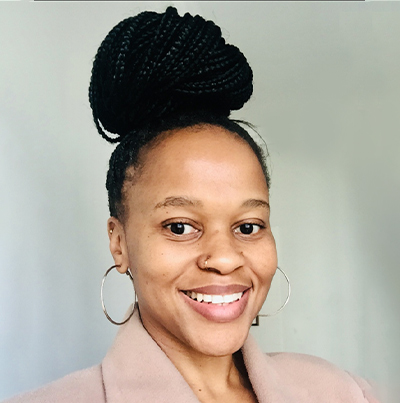
Yolanda Gomba
University of Cape Town, South Africa
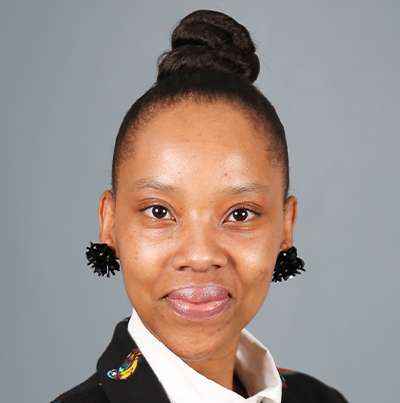
Phepo Mogoba
University of Cape Town, South Africa

Tammy Phillips
University of Cape Town, South Africa
Session overview
This workshop introduced epidemiologists to the foundational principles of implementation science, a field dedicated to closing the gap between research and practice in public health. Attendees explored key concepts such as the frameworks, strategies, and evaluation methods that drive effective implementation of evidence-based interventions. By examining real-world examples and case studies, participants saw how these principles are applied in various health contexts. Through interactive discussions and practical exercises, attendees gained insights into how implementation science can improve health outcomes by enhancing the uptake and sustainability of public health innovations. This session provided a critical understanding of how to translate research into practice.
Objectives
- Understand core concepts of implementation science
- Identify frameworks and strategies for effective implementation
- Apply evaluation methods to assess intervention success
- Explore the role of implementation science in bridging research and practice
WS06: From a few to the whole crowd: a practical introduction to sampling and survey data analysis
Time: 10h30 - 12h30 | Venue: Meeting Block 2.64-2.66
Sign-up required
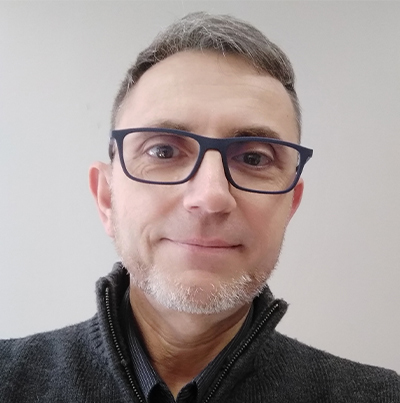
Annibale Cois
South African Medical Research Council, South Africa
Session overview
This workshop offered a practical introduction to sampling and survey data analysis, focusing on the essential links between sampling strategies and the accuracy of population estimates. Attendees learnt how common epidemiological practices, such as clustering and stratification, impact data analysis and interpretation. Through a series of virtual surveys on a simulated population, attendees explored the pros and cons of various sampling strategies and statistical methods. By analysing the data collected in these experiments, attendees gained hands-on experience in optimising study planning and avoiding costly errors in survey design and analysis.
Objectives
- Develop an understanding of the links between sampling strategy, sample size, analysis technique, and accuracy of population estimates in epidemiological research
- Understand the statistical and practical implications of using complex sampling schemes including clustering and stratification
- Learn alternative approaches for analysing data gathered from clustered and/or stratified samples
- Gain practical insights on collecting and analysing sample data through virtual surveys on a simulated human population
Requirements
Data analysis examples were presented using R environment for statistical computing (https://www.R-project.org/). Participants were advised to bring their laptops with a working version of R installed. Details on the packages to be pre-installed were communicated to registered attendees ahead of the session.
WS07: Hack-a-thon: Developing an Intermediate/Advanced Epidemiology Syllabus
Time: 13h30 - 15h30 | Venue: Meeting Block 2.43-2.44
Limited space (sign-up required)
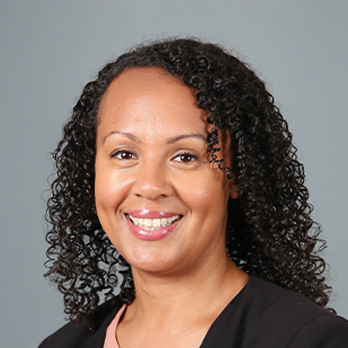
Alex de Voux
University of Cape Town, South Africa

Matt Fox
Boston University, USA
Session overview
This workshop offered attendees a hands-on session aimed at creating a modern, cutting-edge curriculum for teaching epidemiology. Attendees, including educators, epidemiologists, and curriculum developers, collaborated to design core educational modules that address advanced epidemiological methods and contemporary data analysis. The goal was to develop a curriculum that strengthens data literacy, critical thinking, and the application of complex epidemiological tools, equipping practitioners to meet today’s public health challenges. This workshop was an exciting opportunity to contribute to the future of epidemiology education in a rapidly evolving field.
Objectives
- Collaborate in a hands-on environment to design an innovative and forward-thinking epidemiology curriculum
- Develop core educational modules that incorporate advanced epidemiological methods and contemporary data analysis
- Enhance data literacy, critical thinking, and practical application of sophisticated epidemiological tools
- Foster interdisciplinary collaboration among educators, epidemiologists, and curriculum developers to shape the future of epidemiology education
Requirements
Attendees should have completed at least an introductory, and preferably intermediate epidemiology course, with familiarity in topics such as study design, bias, simple and stratified analysis, as well as logistic and proportional hazards regression
WS08: Health economics for epidemiologists: a practical workshop on economic evaluation and cost analysis
Time: 13h30 - 15h30 | Venue: Meeting Block 1.61-1.64
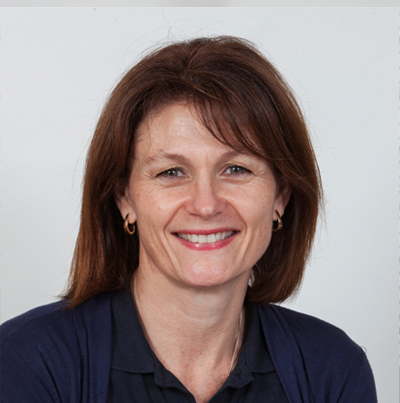
Jacqui Miot
Health Economics and Epidemiology Research Office (HE²RO), South Africa
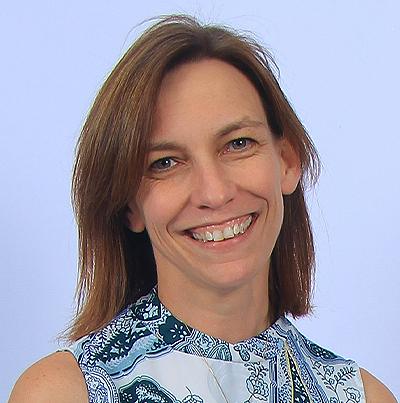
Cheryl Hendrickson
Health Economics and Epidemiology Research Office (HE²RO), South Africa

Nkgomeleng Lekodeba
Health Economics and Epidemiology Research Office (HE²RO), South Africa
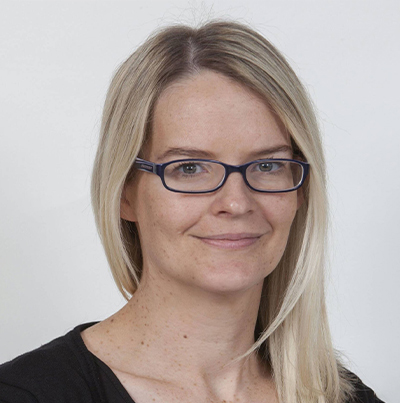
Lise Jamieson
Health Economics and Epidemiology Research Office (HE²RO), South Africa
Session overview
This workshop provided a comprehensive overview of key concepts in health economics, specifically designed for epidemiologists. Attendees gained insights into economic evaluation, cost analysis, ingredient-based costing, and costing allocation factors. The session blended theoretical discussion with practical, real-world examples to help translate concepts into actionable knowledge. Through hands-on activities and case studies, attendees developed the skills to conduct basic cost analyses and understand the economic implications of health interventions. No prior experience in health economics or costing was required, making the workshop accessible to a broad audience. Facilitated by experienced professionals, the session equipped participants with a strong foundation in economic evaluation and cost analysis, enhancing their ability to incorporate economic data into public health decision-making.
Objectives
- Introduce foundational skills in economic evaluation and cost analysis
- Enhance the ability to analyse and improve health care systems and services through informed economic decision-making
- Blend theoretical knowledge with practical examples for real-world application.
WS09: Introduction to infectious disease modelling
Time: 13h30 - 15h30 | Venue: Meeting Block 2.41-2.42
Limited space (sign-up required)
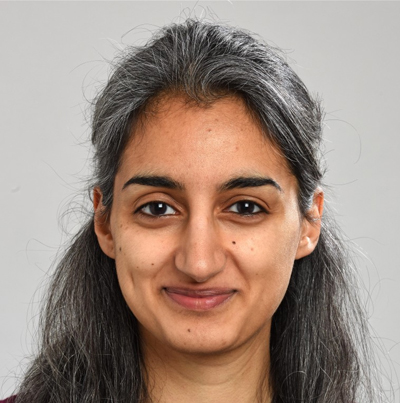
Arminder Deol
Coalition for Epidemic Preparedness Innovations (CEPI), United Kingdom
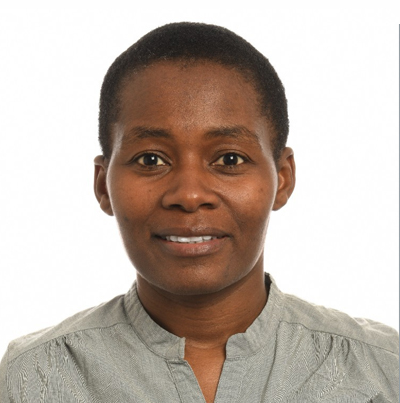
Christinah Mukandavire
Coalition for Epidemic Preparedness Innovations (CEPI), United Kingdom
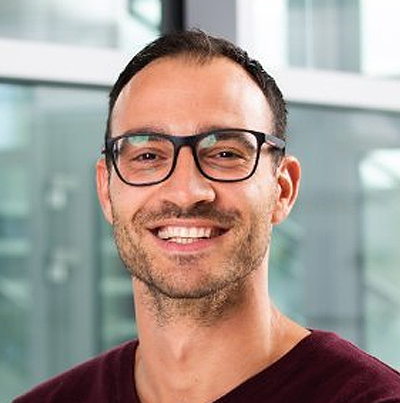
Danny Scarponi
Coalition for Epidemic Preparedness Innovations (CEPI), United Kingdom
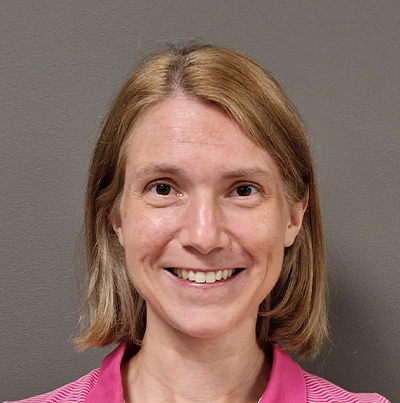
Carolin Vegvari
Coalition for Epidemic Preparedness Innovations (CEPI), United Kingdom
Session overview
This workshop offered a hands-on introduction to infectious disease modelling, an essential tool for informing health-related decision-making. Attendees explored key principles of modelling in epidemiology and learnt how to integrate epidemiological and biological data into model frameworks. Through practical exercises, they developed basic models, gaining insight into both the potential and limitations of these tools. Facilitated by experts in the field, this session built foundational skills in infectious disease modelling, fostering attendees ability to collaborate with modelling professionals and apply models to support evidence-based policy decisions.
Objectives
- Explore the role of modelling in informing health-related decisions for stakeholders and policymakers.
- Highlight the role, benefits, and limitations of infectious disease modelling in epidemiological studies.
- Foster skills for effective collaboration with modelling experts and interdisciplinary teams.
WS10: Strengthening global preparedness for pandemics: the role of Field Epidemiology
Time: 13h30 - 16h30 | Venue: Meeting Block 1.41-1.44
Sign-up required
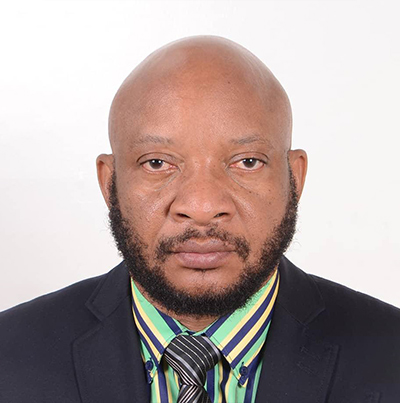
Ditu Kazambu
African Field Epidemiology Network, Uganda

Patrick Nguku
African Field Epidemiology Network, Nigeria

Notion Gombe
African Field Epidemiology Network, Zimbabwe
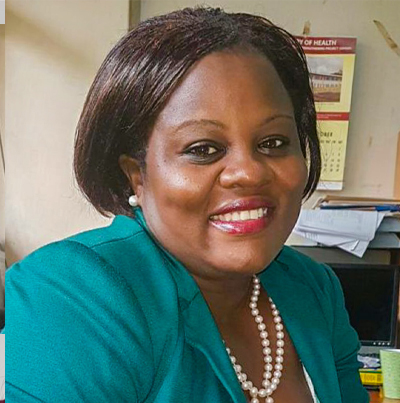
Christine Kihembo
African Field Epidemiology Network, Uganda

Rebecca Babirye
African Field Epidemiology Network, Uganda
Session overview
This workshop explored the pivotal role of Field Epidemiology in strengthening global preparedness for pandemics. Attendees examined how field epidemiologists contribute to early detection, rapid response, and effective coordination during health crises. Through case studies, hands-on exercises, and collaborative discussions, the session highlighted key strategies for enhancing global resilience and preparedness for future pandemics. This session fostered cross-sector collaboration and knowledge-sharing among a diverse range of stakeholders. Attendees were equipped with practical insights and tools to advance global efforts in pandemic prevention and response.
Objectives
- Enhance understanding of the role of field epidemiology in responding to emerging and re-emerging infectious threats.
- Strengthen coordination, resource allocation, and rapid response strategies for safeguarding public health during pandemics.
- Facilitate knowledge sharing and foster collaboration among diverse stakeholders in pandemic preparedness and response.
WS11: How to manage conflicts of interest in health research
Time: 13h30 - 15h30 | Venue: Meeting Block 2.61-2.63
Sign-up required
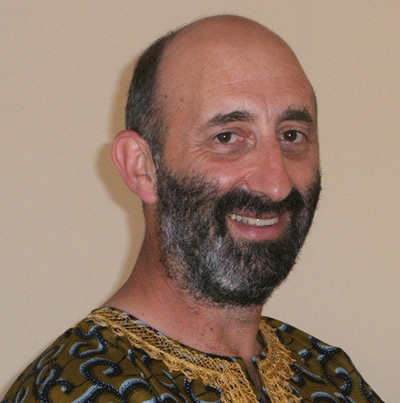
Leslie London
University of Cape Town, South Africa

Stephen Okeyo
Uzima University, Kenya
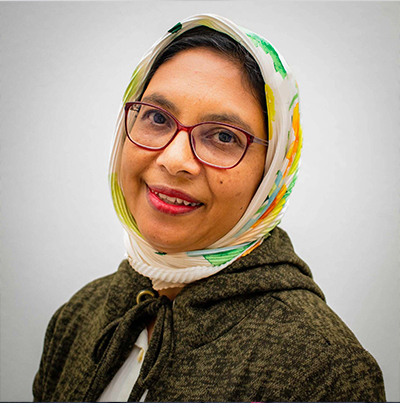
Amina Saban
University of Cape Town, South Africa
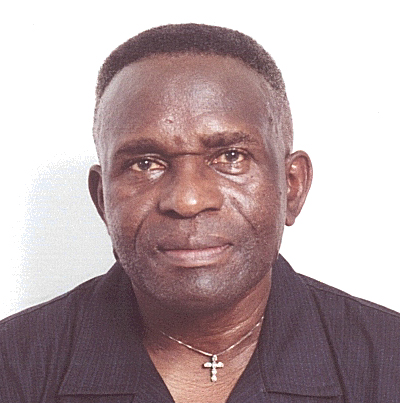
Godfrey Tangwa
Cameroon Bioethics Initiative, Cameroon

Philip Adongo
University of Ghana, Ghana
Session overview
This workshop offered a practical introduction to managing conflicts of interest (COI) in health research, particularly relevant to low- and middle-income countries. The session explored the impact of COI on research integrity and delved into why it poses significant challenges in resource-limited settings, where funding sources can influence research outcomes. Through hands-on use of a specially designed toolkit, attendees identified and navigated common COI scenarios using real-world examples. This session equipped researchers, ethics committees, and policymakers with practical tools to mitigate COI and ensure the production of unbiased, policy-relevant evidence for equitable health care.
Objectives
- Enhance proficiency to define and identify conflict of interest in health research
- Improve skills to manage conflict of interest in the health research process
- Identify and access resources and networks to deal with conflicts of interest when encountered

